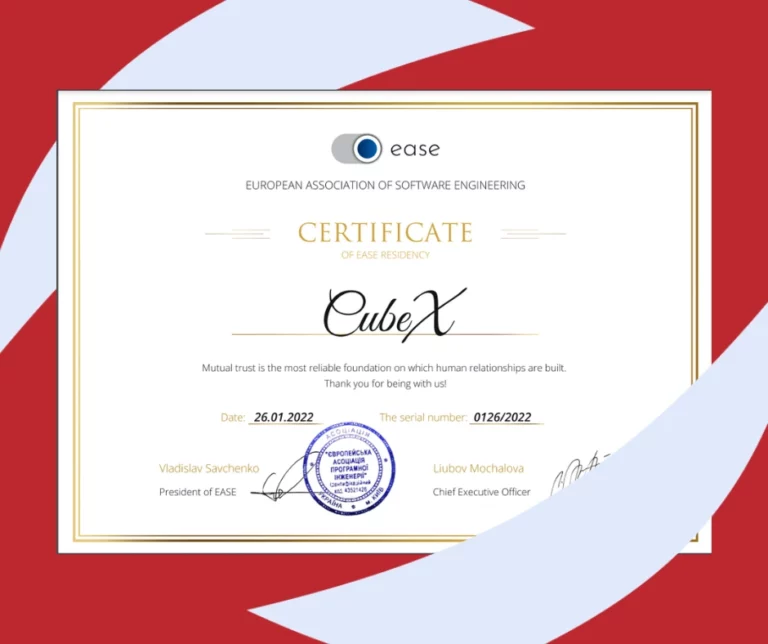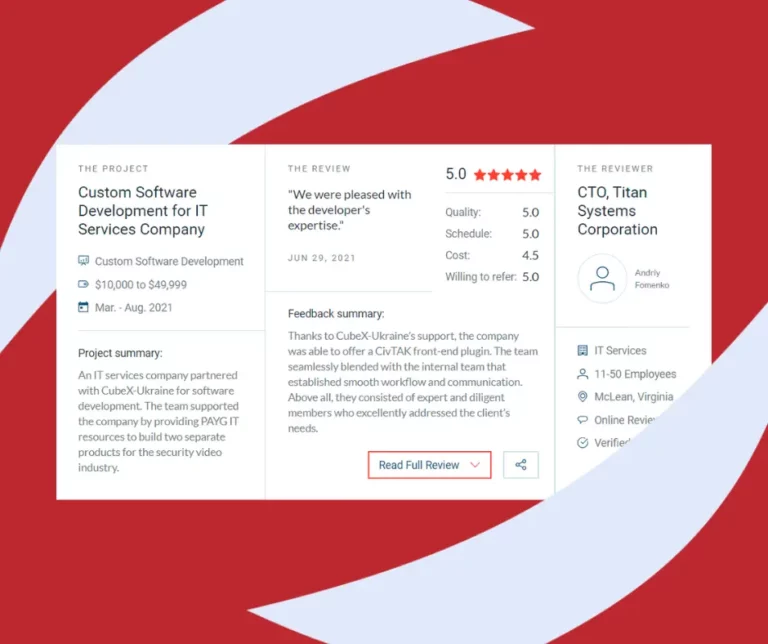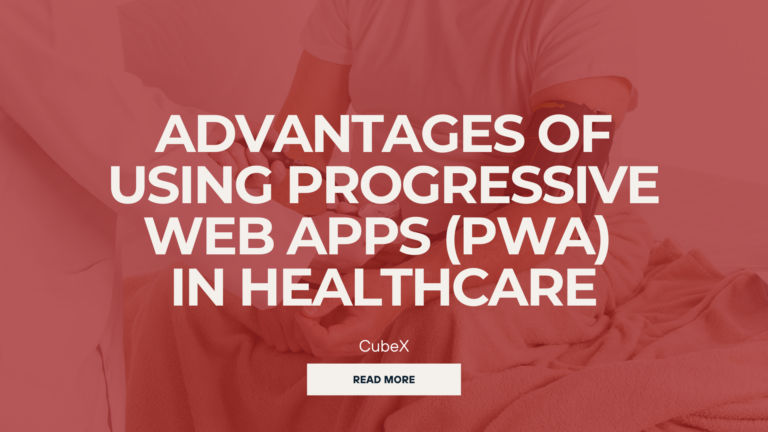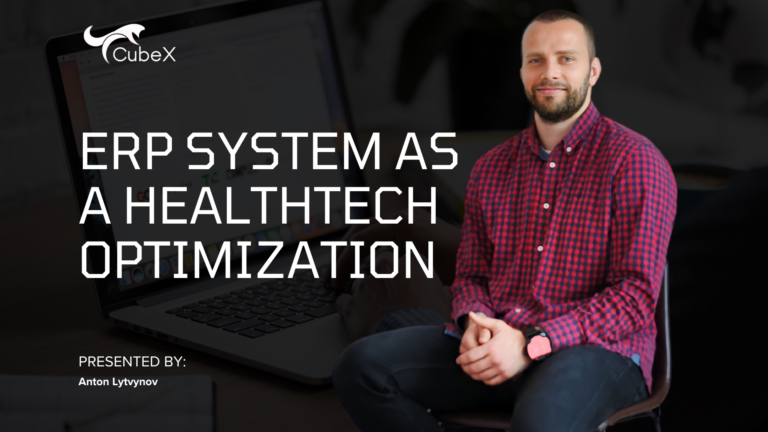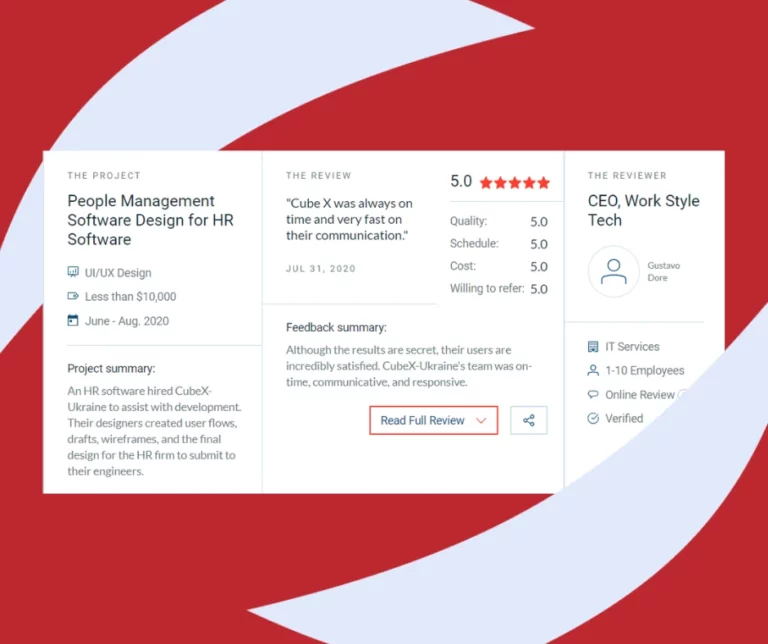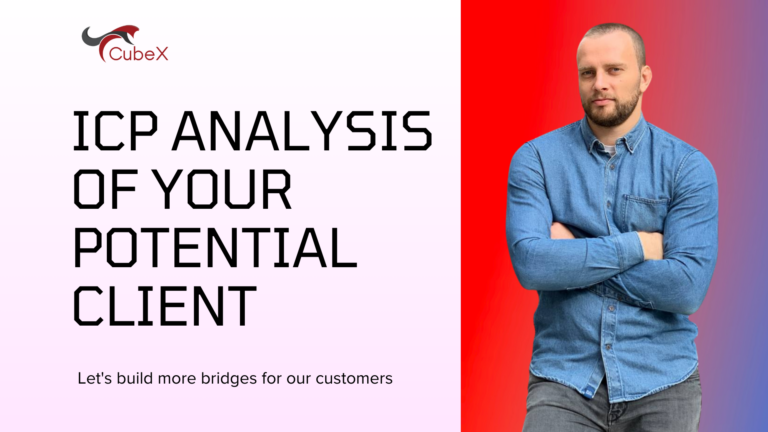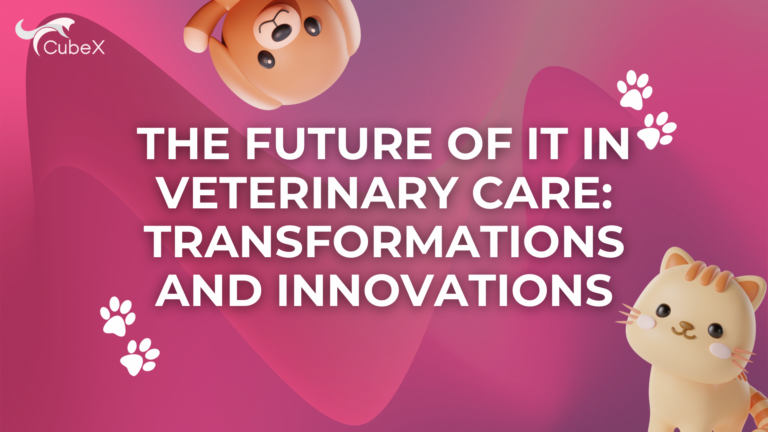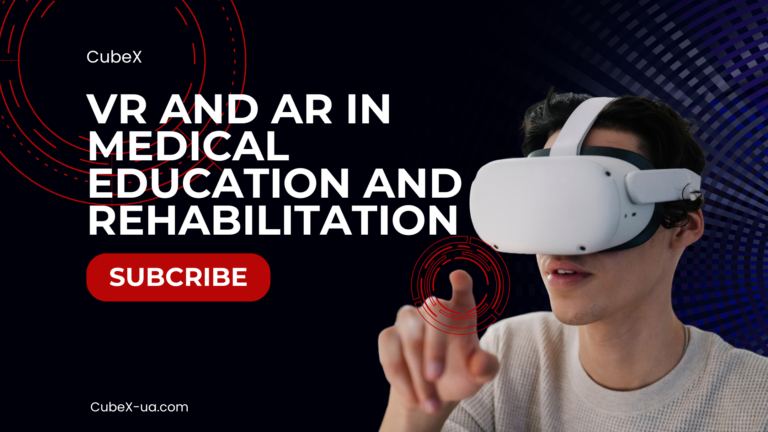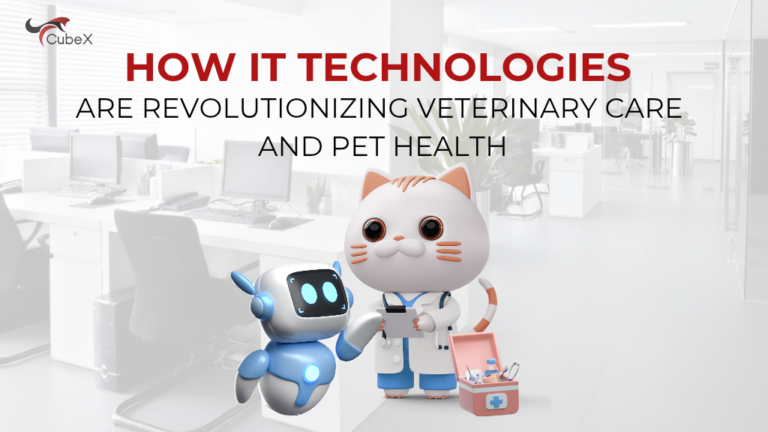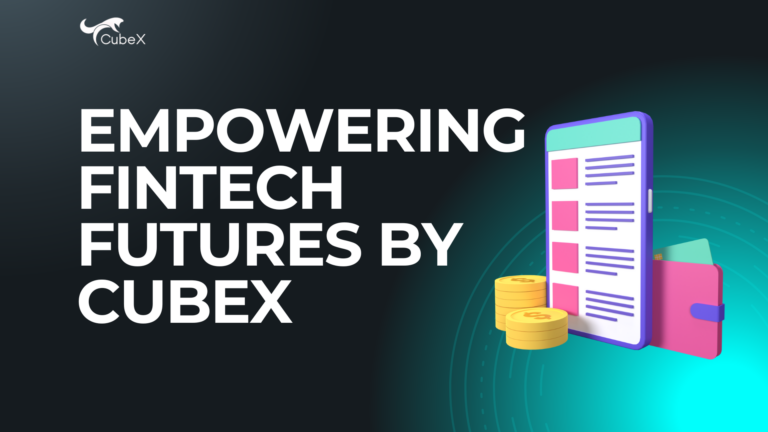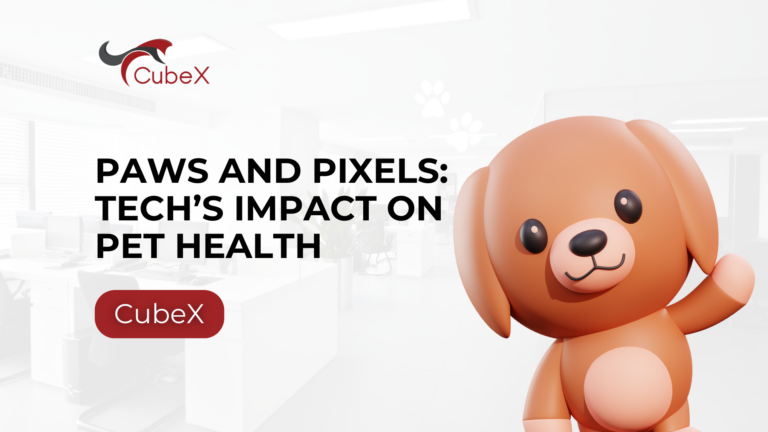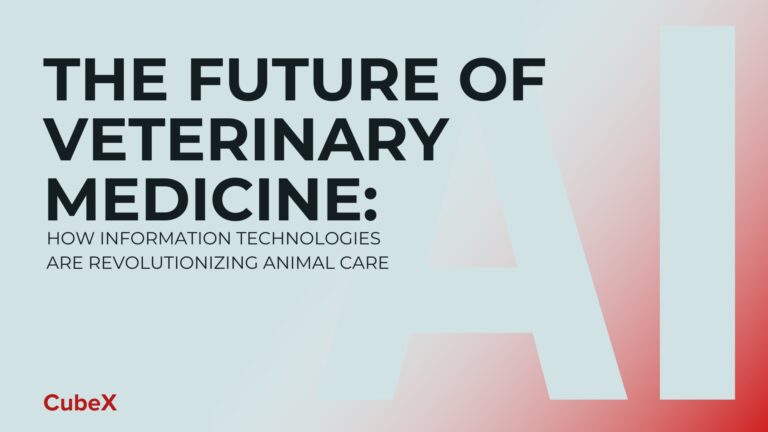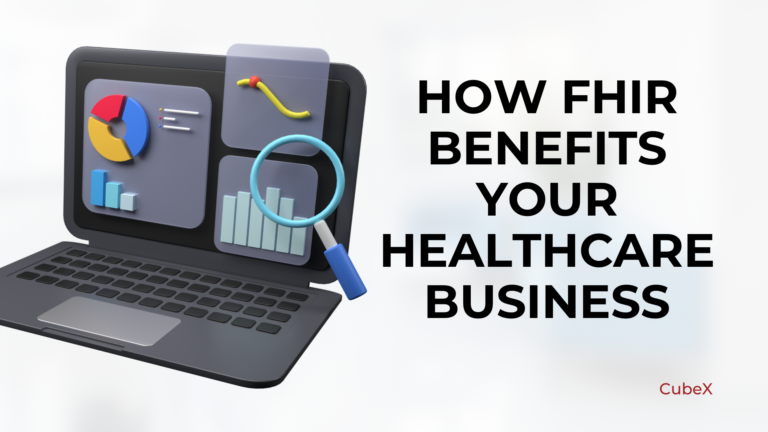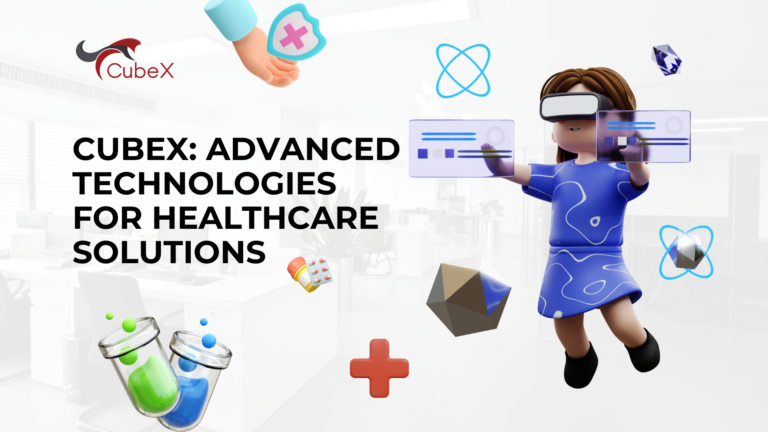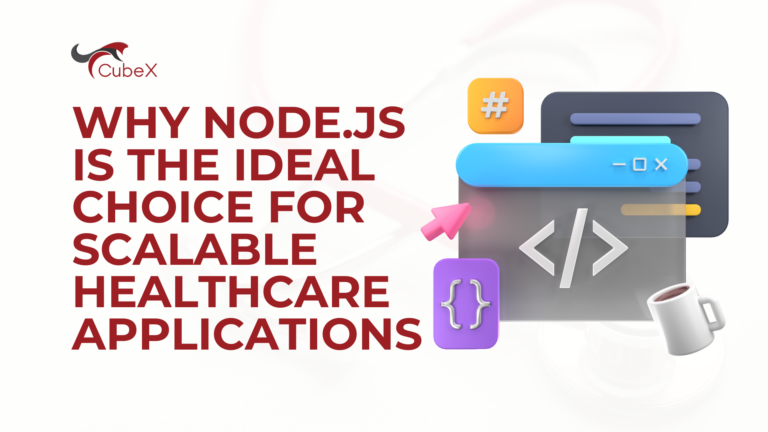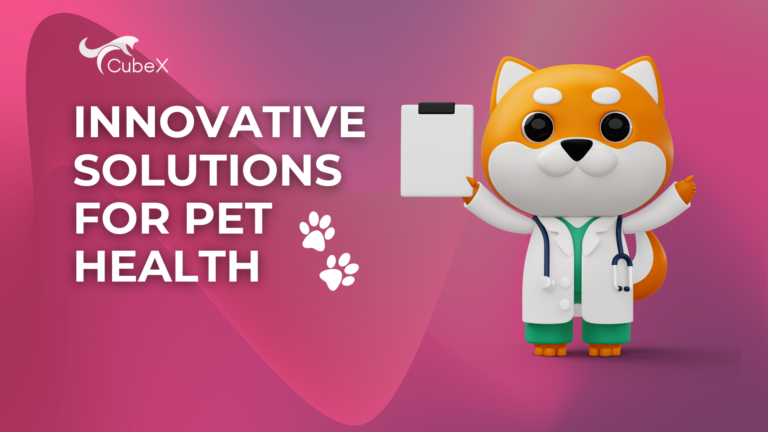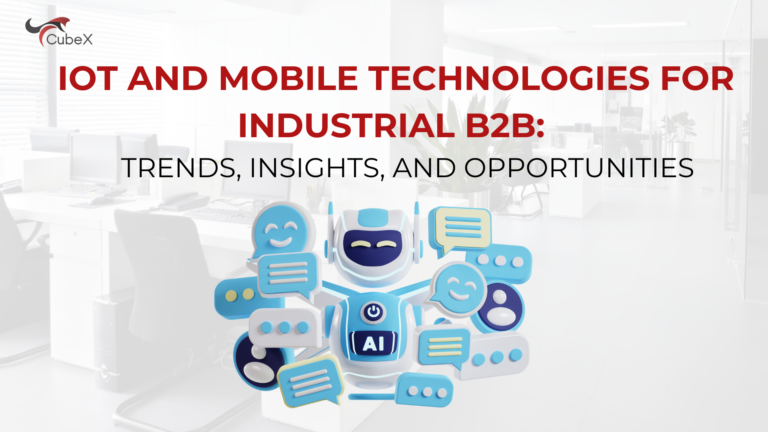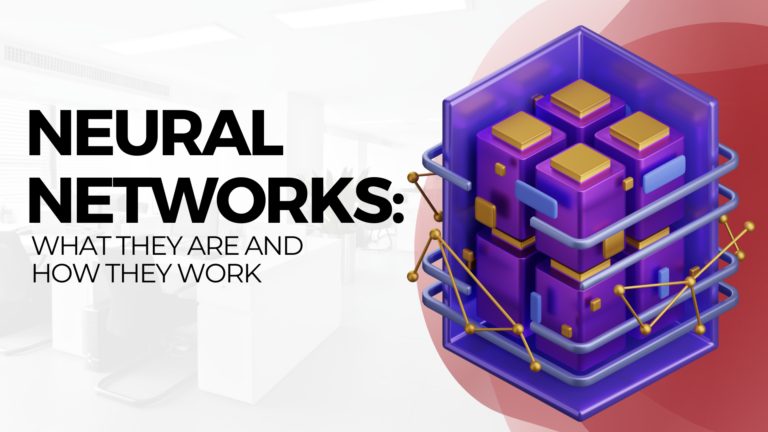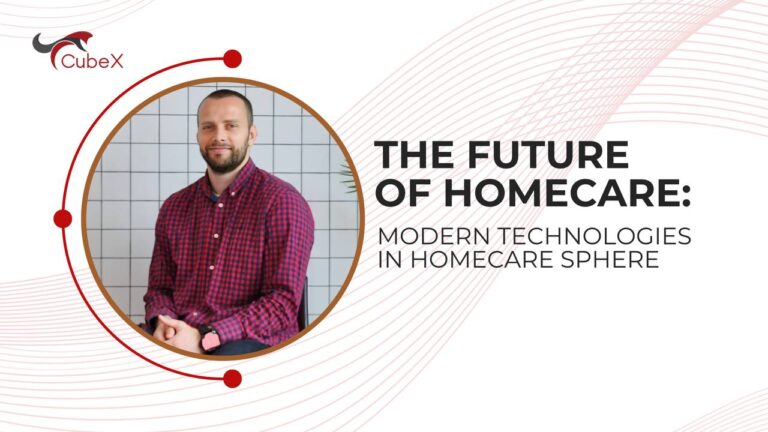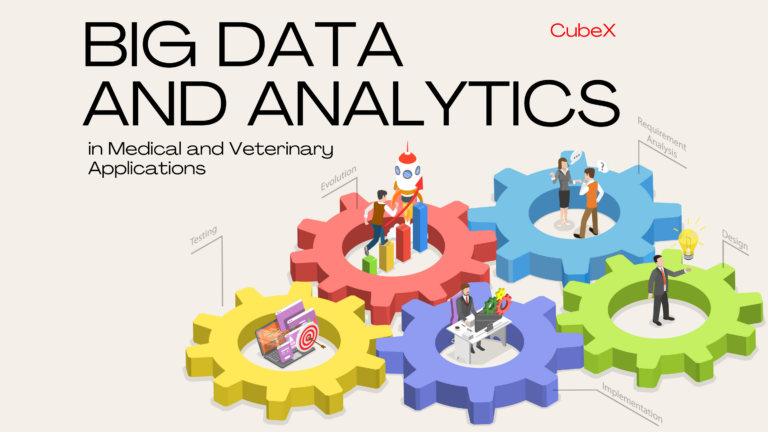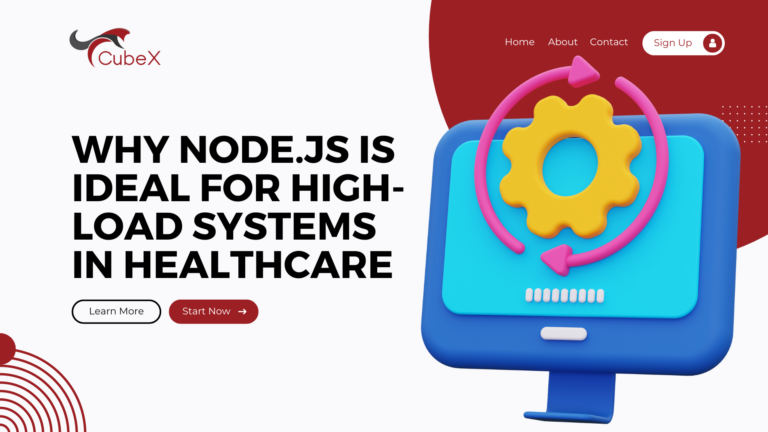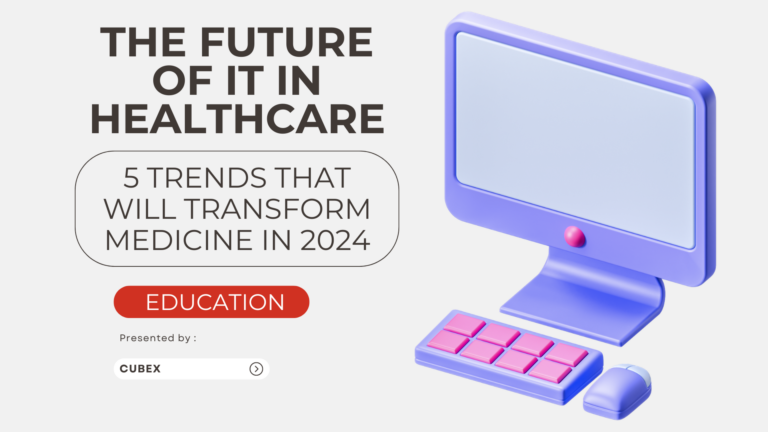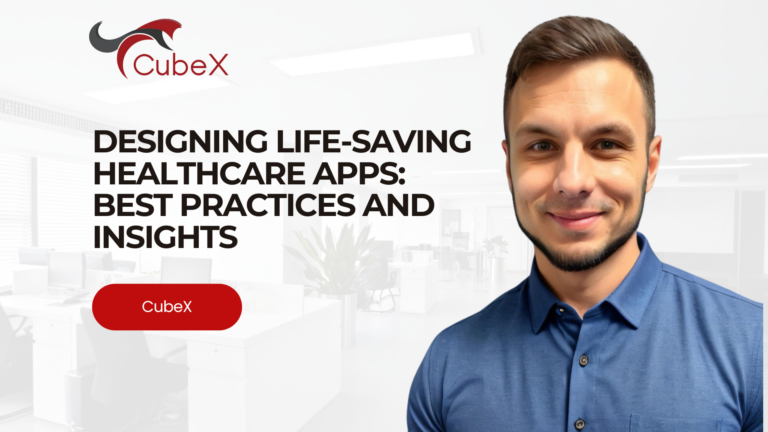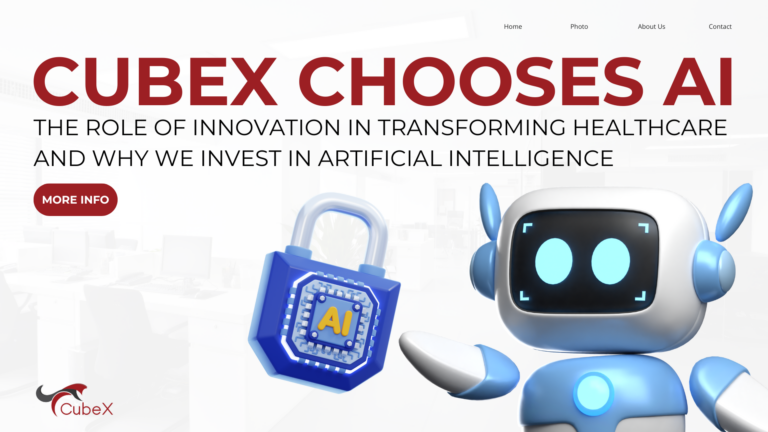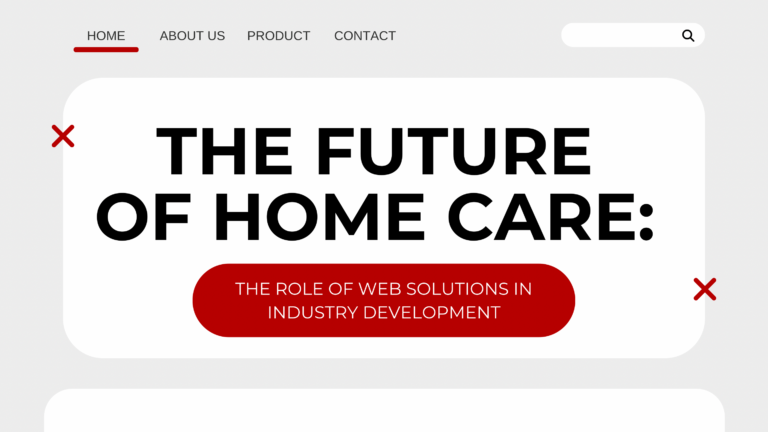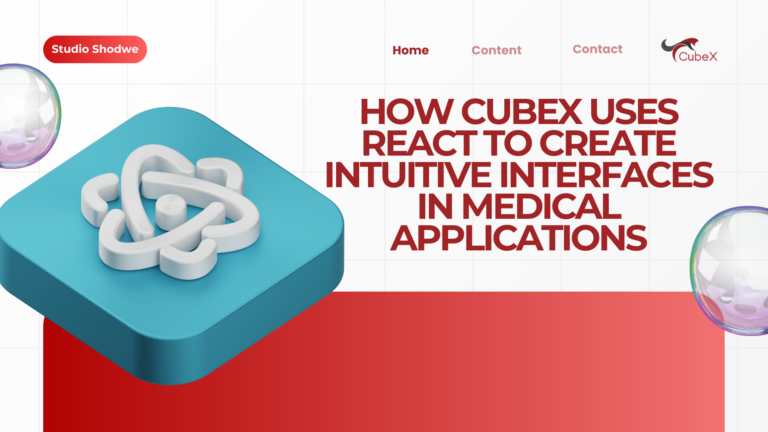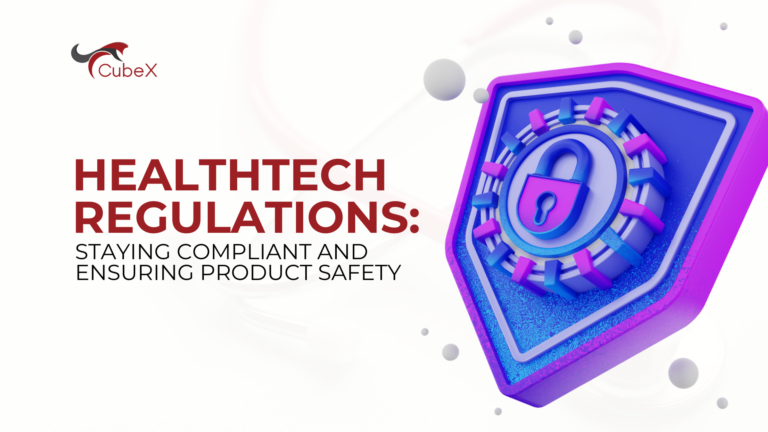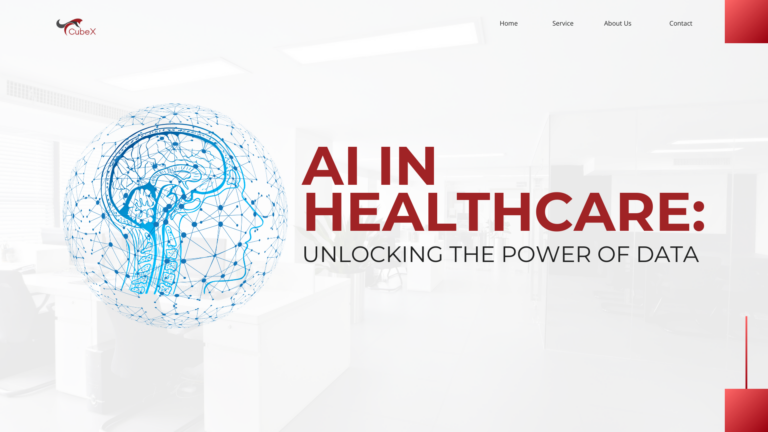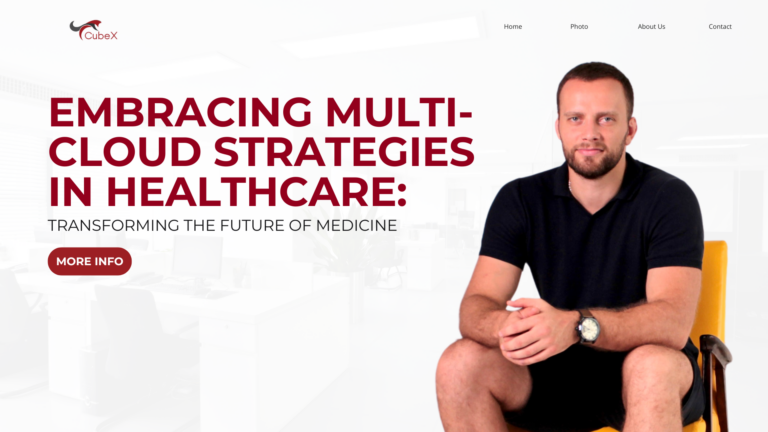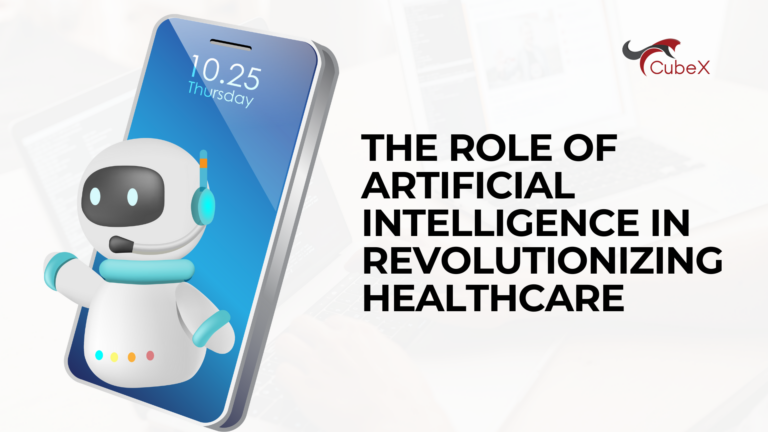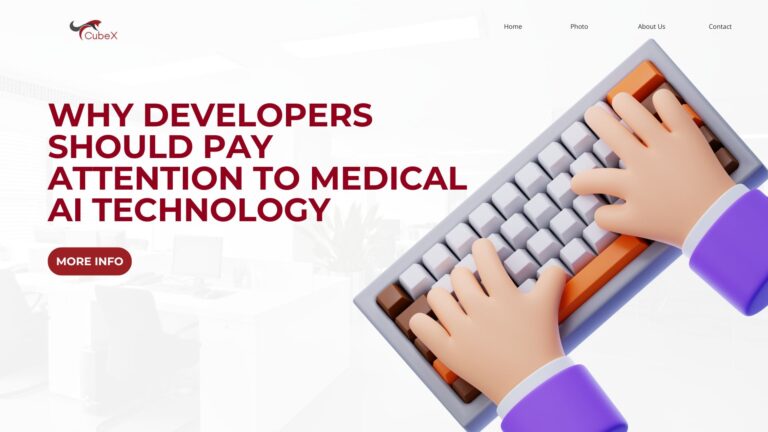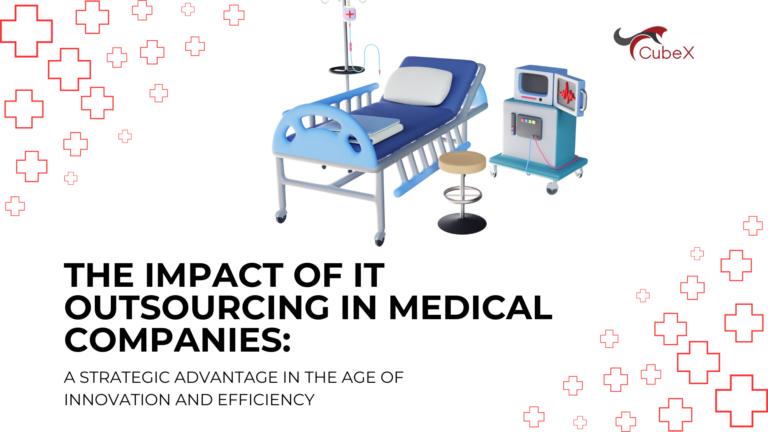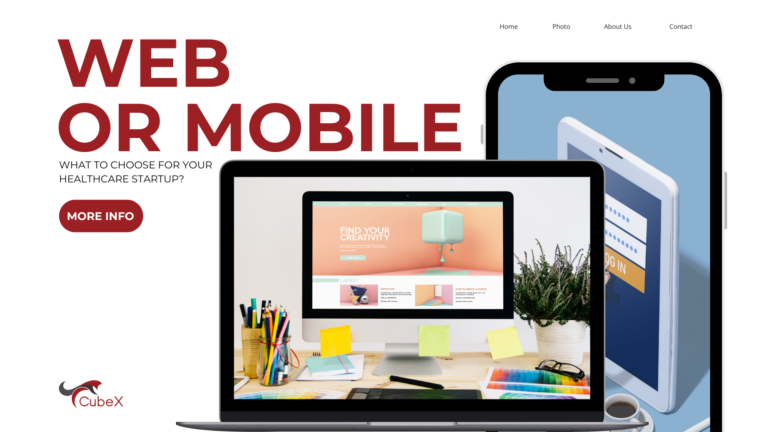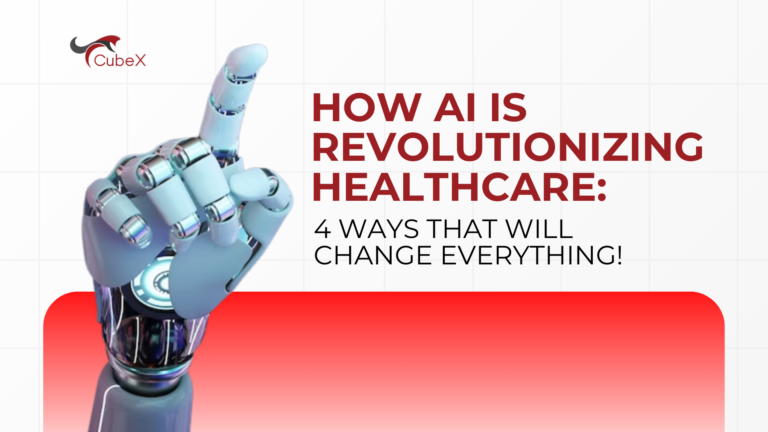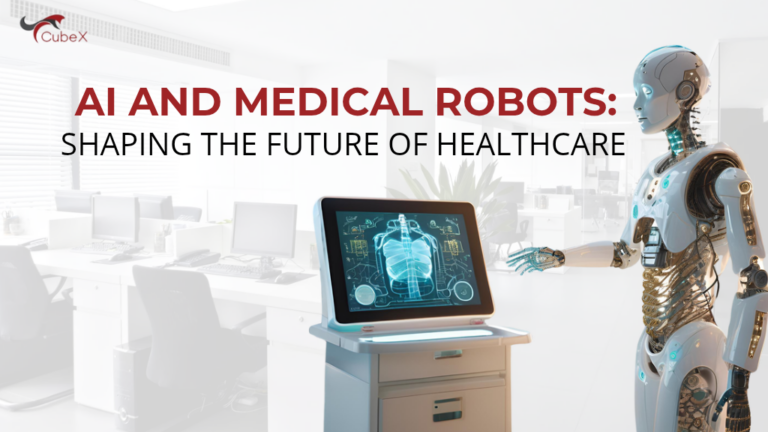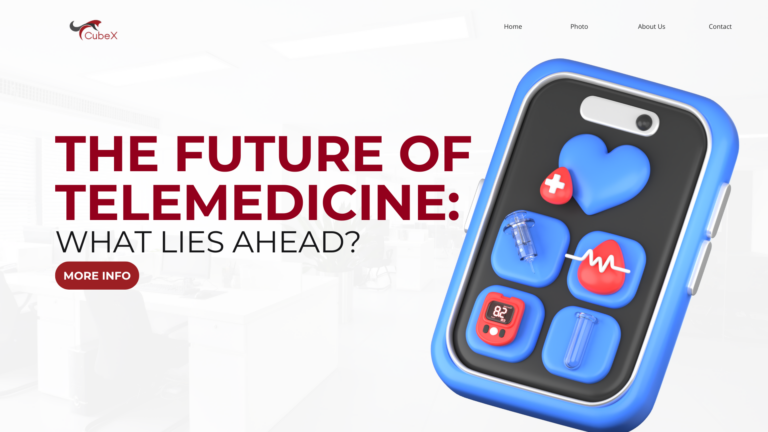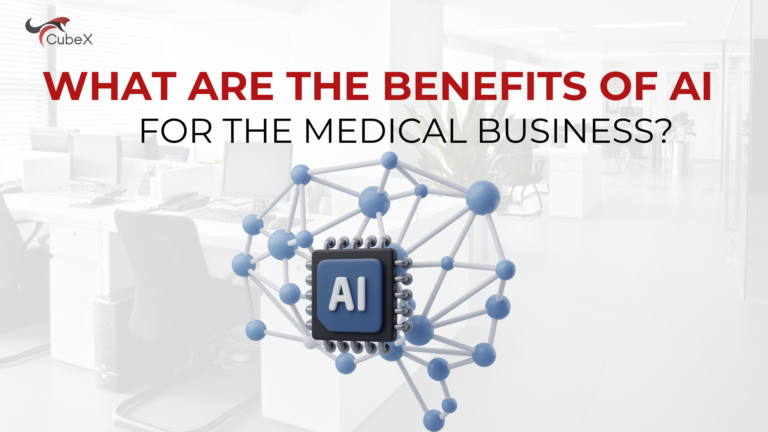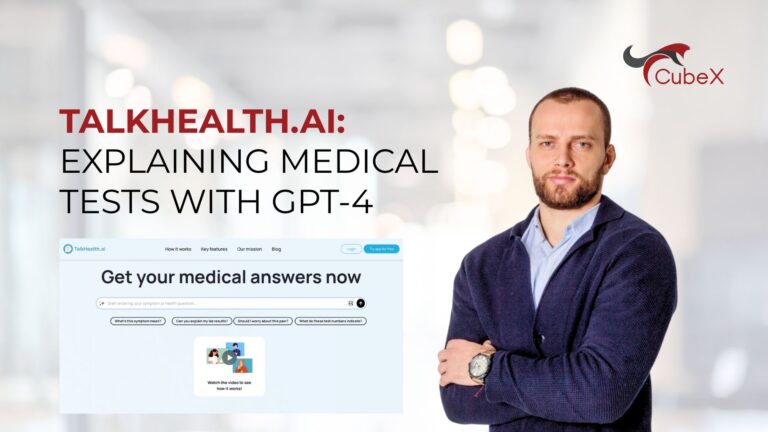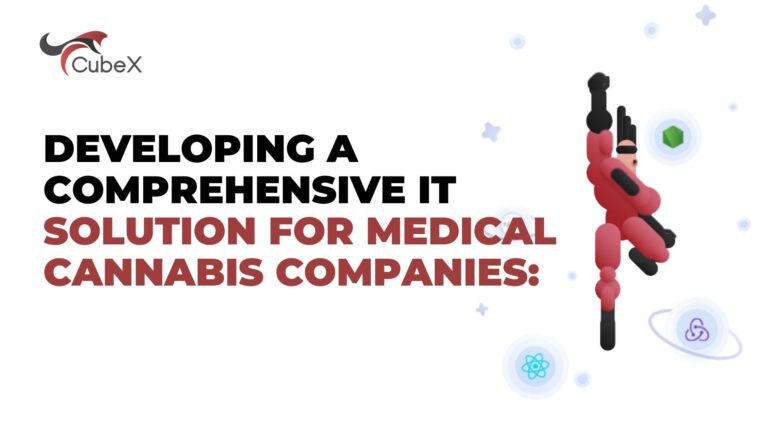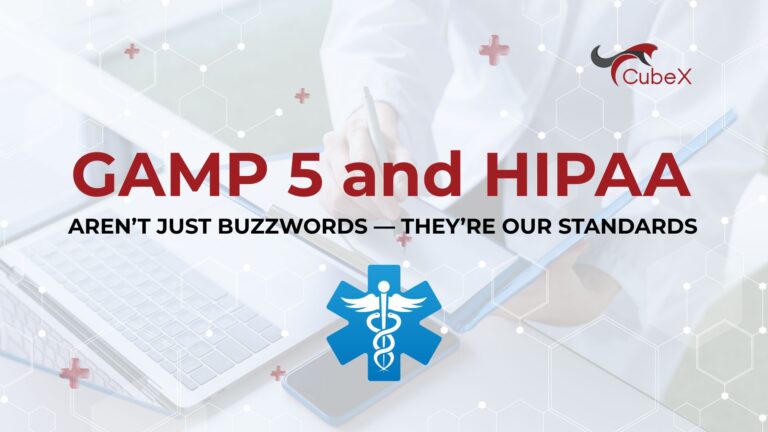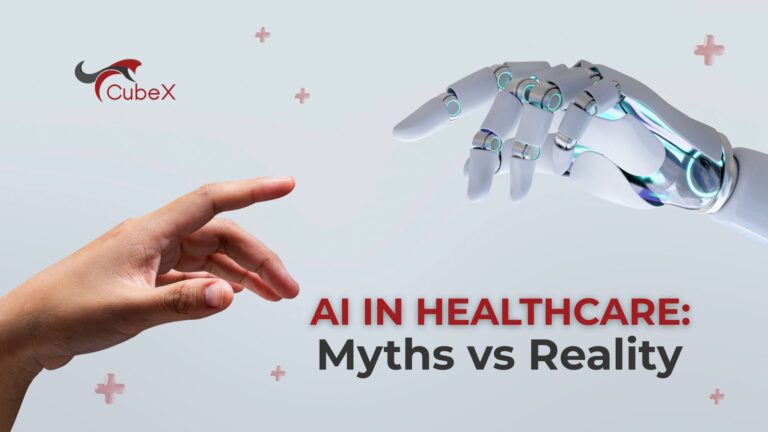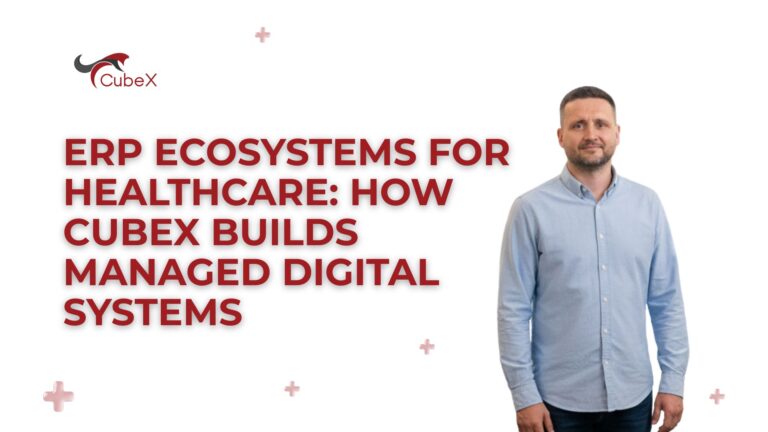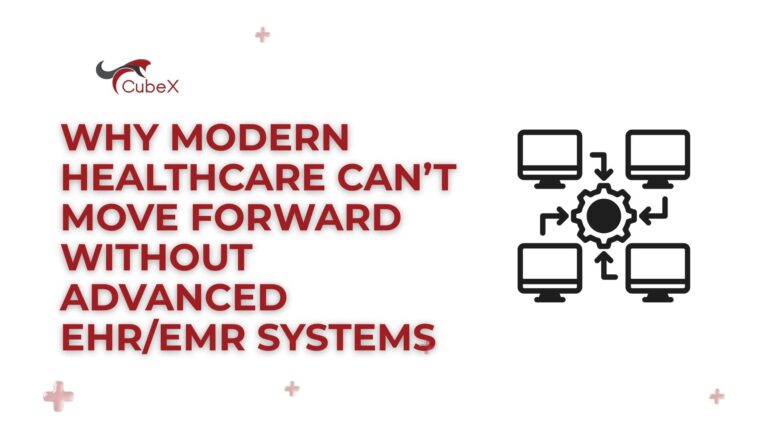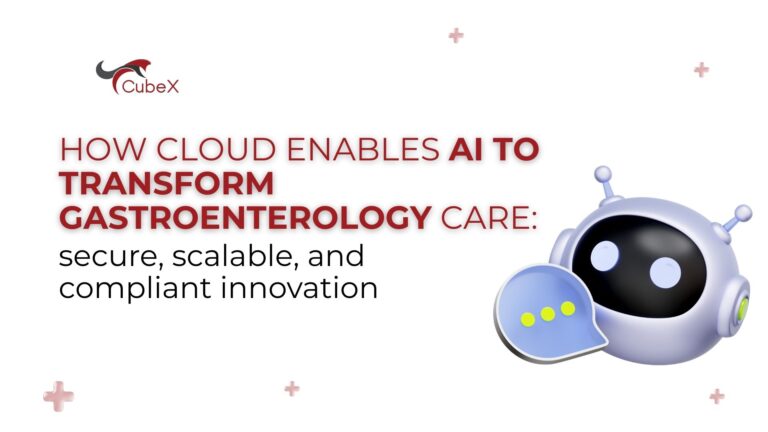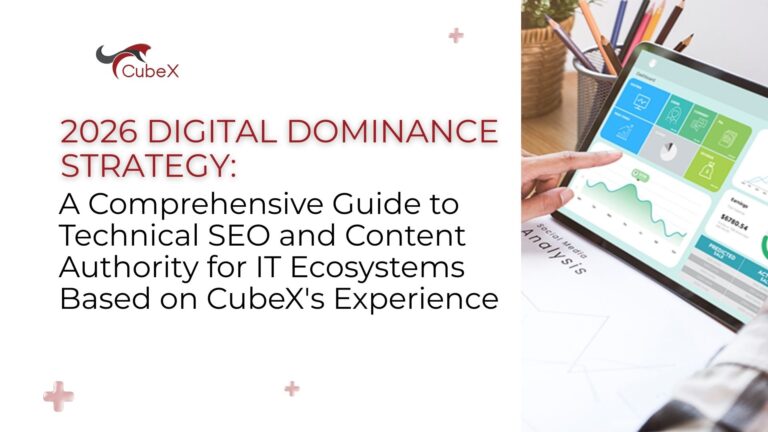IoT and Mobile Technologies for Industrial B2B: Trends, Insights, and Opportunities
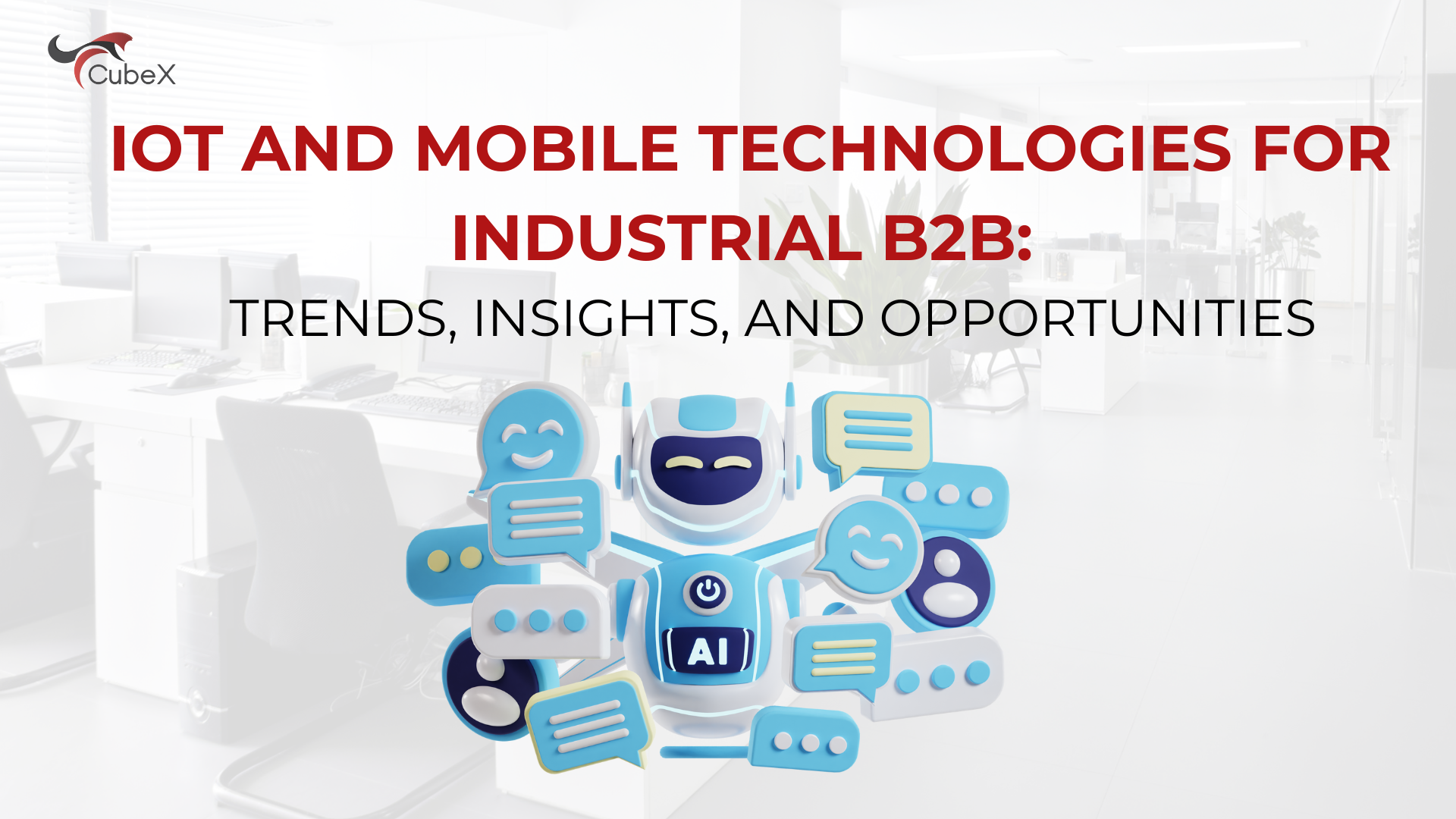
Introduction
The integration of IoT (Internet of Things) and mobile technologies has revolutionized industrial B2B operations. From streamlining processes to optimizing equipment usage and enhancing customer relationships, these technologies are becoming a cornerstone of modern industrial systems.
In 2024, the global Industrial IoT (IIoT) market is valued at approximately $263 billion, with projections to reach $1.1 trillion by 2030, growing at a CAGR of 23%. Similarly, the corporate mobile applications market is expanding at an annual growth rate of 15%, emphasizing the increasing reliance on mobile solutions for business.
This article explores the pivotal role of IoT and mobile technologies in industrial B2B operations, highlighting key trends, benefits, and use cases.
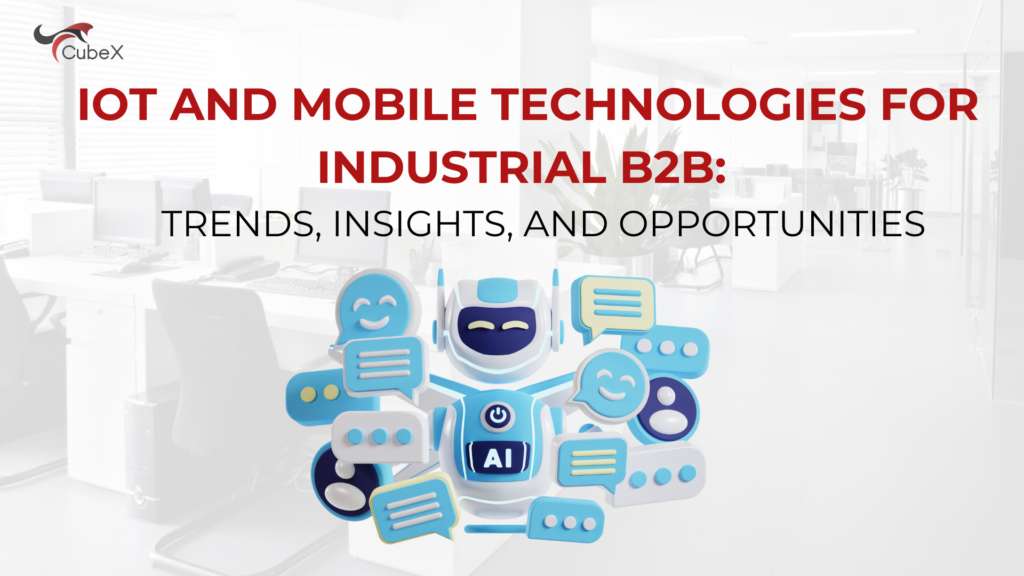
What is Industrial IoT (IIoT)?
Industrial IoT refers to a network of interconnected smart devices, sensors, and software solutions that collect, analyze, and transmit real-time data to enhance operational efficiency, minimize costs, and improve safety. IIoT is particularly impactful in sectors like manufacturing, energy, transportation, and logistics, where automation and data-driven insights can lead to substantial improvements.
How Mobile Technologies Complement IoT in B2
Mobile technologies bridge the gap between IoT-generated data and decision-making. Mobile applications enable real-time access to analytics, operational control, and workflow management from any device, anywhere. This combination allows businesses to respond faster, reduce downtime, and maintain a higher degree of flexibility.
Key Trends in IoT and Mobile Technologies for Industrial B2B
1. Predictive Maintenance
IoT sensors monitor equipment performance and predict potential failures, allowing businesses to schedule repairs proactively. These insights are delivered directly to mobile devices, enabling on-the-go decision-making.
- Impact: McKinsey reports that predictive maintenance reduces equipment maintenance costs by 25–30% and decreases unplanned downtime by 50%.
2. Remote Monitoring and Control
IoT devices combined with mobile applications enable remote monitoring of production lines, supply chains, and other critical systems. This reduces the need for physical presence while ensuring continuous oversight.
- Example: Siemens uses IoT solutions to remotely monitor turbines, cutting diagnostic time by 40%.
3. Logistics Optimization
IoT sensors track the location and condition of goods in real-time, while mobile apps provide actionable insights to managers and drivers. This minimizes delays and enhances accuracy.
- Data: Deloitte states that IoT implementation in logistics improves delivery precision by 95%.
4. Enhancing Workplace Safety
IoT-enabled devices, such as wearable technology or environmental sensors, send alerts about potential hazards to employees’ mobile devices, significantly improving safety.
- Example: Chemical plants use smart helmets with IoT sensors to warn workers about gas leaks or unsafe temperatures.
5. Edge Computing and IoT-Driven Analytics
Edge computing processes data closer to IoT devices, reducing latency. When paired with mobile apps, businesses can access real-time insights faster and with greater reliability.
Benefits of IoT and Mobile Technologies in Industrial B2B
- Enhanced Efficiency
Real-time monitoring and automation reduce manual intervention, leading to faster and more accurate processes.
- Example: GE Oil & Gas improved equipment efficiency by 20% through IoT and mobile solutions.
- Cost Optimization
IoT-based predictive maintenance reduces repair and operational costs, while mobile applications streamline resource allocation. - Improved Decision-Making
Mobile dashboards powered by IoT provide executives with actionable insights, allowing them to make data-driven decisions.
- Fact: According to IBM, data-driven decisions enabled by IoT improve operational efficiency by 30–40%.
- Enhanced Customer Engagement
Mobile apps allow businesses to connect with clients in real-time, offering personalized solutions and improving service delivery. - Scalability and Flexibility
IoT devices can be easily scaled, while mobile applications ensure seamless integration across systems.
Use Cases
- Manufacturing
Tesla’s smart factories utilize IoT for robot coordination and mobile apps for production monitoring, optimizing assembly line operations. - Logistics and Supply Chain
DHL uses IoT sensors to monitor shipments, while mobile apps provide real-time updates on cargo conditions to drivers and managers. - Energy Sector
Schneider Electric implements IoT solutions in energy plants, integrating mobile apps to control energy flow and prevent outages. - Construction
IoT-enabled machinery equipped with GPS and performance sensors helps construction firms monitor equipment usage, with mobile apps facilitating maintenance scheduling.
Challenges of Implementing IoT and Mobile Technologies
- High Initial Costs
Deploying IoT infrastructure and developing mobile solutions require significant upfront investment. - Cybersecurity Risks
The increased number of connected devices creates vulnerabilities.
- Statistic: IoT-targeted cyberattacks have risen by 300% over the last five years (IBM).
- Integration Complexity
Seamlessly integrating IoT devices, cloud platforms, and mobile apps is a technical challenge requiring expertise.
Future Outlook
The combined use of IoT and mobile technologies is poised to redefine industrial B2B operations. With advancements in 5G, edge computing, and AI, businesses can expect faster data processing, greater automation, and improved decision-making capabilities.
Companies that embrace these technologies early will gain a significant competitive edge by achieving higher productivity, reduced costs, and superior customer satisfaction.
Conclusion
IoT and mobile technologies are transforming the industrial B2B landscape, offering unparalleled opportunities for growth and efficiency. While challenges such as cost and security remain, the potential benefits far outweigh the risks. By leveraging these tools, businesses can not only improve operations but also drive innovation and remain competitive in an ever-evolving market.
Looking to integrate IoT and mobile solutions into your business? At Cubex, we specialize in designing and deploying cutting-edge solutions tailored to your needs. Contact us to learn more!
Contact Us
Please contact us for any further information




